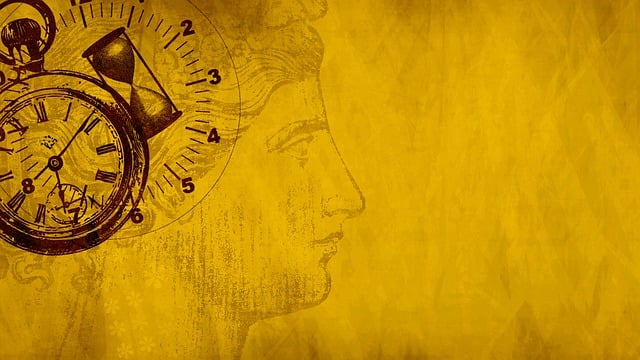 Most of us spend our lives chasing various adventures. It might be amusement parks, or exotic vacations. It might be exploring national parks, or visiting foreign lands.
Most of us spend our lives chasing various adventures. It might be amusement parks, or exotic vacations. It might be exploring national parks, or visiting foreign lands.
What we tend to forget is that life’s greatest adventure is… well… life itself.
We might even make the connection between life’s experiences and the concept that we are all the product of the ultimate higher power – that power we call God. Now comes the debate.
How can we justify the idea that we are the subjects of a loving God, yet that same God allows us to suffer the painful events and moments of our lives?
Our handicap is that we are making that judgement with the skill-set and knowledge of a human being. But, just suppose we consider that a Supreme Being or our Creator would have a greater understanding of what we need to fulfill our destiny of becoming a fully developed spiritual being.
What if experiencing pain is what we need to fully appreciate pleasure? What if darkness is what we need to completely appreciate the light? What if disappointment is the polar opposite of gratitude?
What if feeling hate and anger, as vile as they may be, are absolutely necessary to fully appreciate the immense power of love?
Perhaps experiencing the full range of emotions is an essential ingredient for a fully developed spiritual being.
Perhaps a loving God would allow us to experience all the negative emotions so that we could fully and completely the joy and love of our existence after physical death. If that is the case, even our greatest pain is actually a gift from a loving God.
Each of us, in our lifetime, will carry the burden of pain. Perhaps our prayers should be the strength to bare our pain rather than to be relieved of it.
Perhaps life’s greatest adventure is the countless opportunities to connect with our Creator and experience His love when we need it most.









